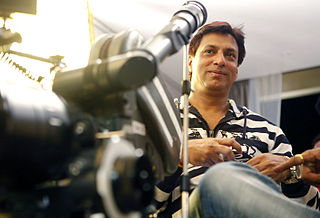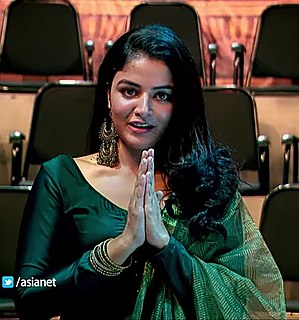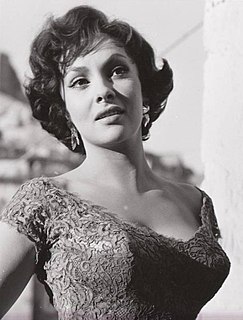A Quote by Rana Daggubati
I grew up understanding cinema from early on and was soon cinema-literate.
Related Quotes
Some people feel that the purpose of cinema is entertainment - which in itself is a healthy enough goal, provided you define what constitutes entertainment. But I come from a family where I grew up believing that cinema - art - should be used as an instrument for change and that's the kind of cinema I've largely done and been attracted to.
I think what I loved in cinema - and what I mean by cinema is not just films, but proper, classical cinema - are the extraordinary moments that can occur on screen. At the same time, I do feel that cinema and theater feed each other. I feel like you can do close-up on stage and you can do something very bold and highly characterized - and, dare I say, theatrical - on camera. I think the cameras and the viewpoints shift depending on the intensity and integrity of your intention and focus on that.


































